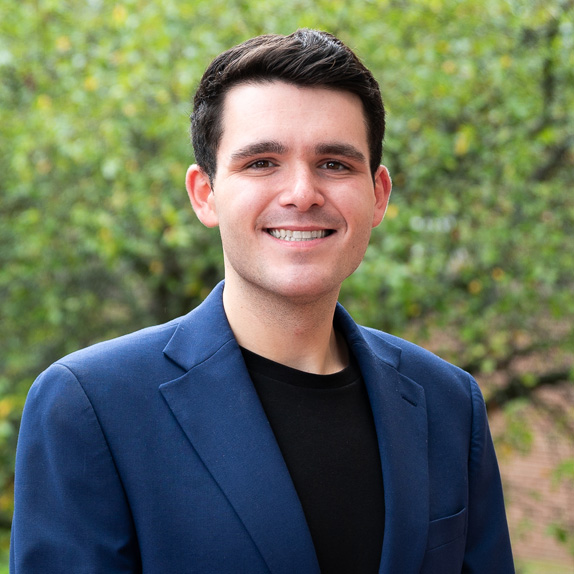Become a leader in the fastest growing sector in education: Student Success.
There has never been a more dynamic time to work in education. Students’ profiles and needs are radically different than they were in previous decades. Wrap-around academic support is a growth area as student retention is both an ethical and financial imperative. Forward-thinking institutions are re-aligning themselves to meet this challenge: job postings related to student academic success increased to 86% from 2013 to 2018 – by far the fastest increase of any sector in education.
Why is this program for you?
Regis’ new MEd in Student Success is designed for professionals in secondary and higher education who wish to be success-makers. Its forward-looking curriculum will prepare you for positions in advising, academic coaching, tutoring, and disability services. Created by industry-active experts, the curriculum is built on cutting edge research and theories on neurodevelopment, executive functioning, and diverse learning styles. You’ll develop the skills to tap into individual students’ strengths and create tailored strategies for success, as well as to work with groups of students to develop and manage learning communities.
This program is ideal for individuals drawn to the teaching and helping professions who wish to work with secondary and post-secondary students to help them succeed, using academic strategies as well as building social/emotional skills such as self-advocacy and resiliency. The coursework, combined with a shadowing requirement and a field placement, will open doors to a new career or greatly expand your current responsibilities.
After working in the field of education for 20 years, I’d recommend pursuing a Master's in Student Success to anyone working at the secondary and post-secondary level. I found every course rich with rigorous content and I’ve valued the research and shadowing opportunities. The staff was engaging and available, often challenging me to think deeper about my role in the lives of students who seek coaching, development and academic support. The program has covered many strategies, interventions and policies that have improved my approach to working with my students. The experience has renewed my passion to help students create positive outcomes.Cory McCarthy, '20 - Boston Public Schools
Courses include
- Principles of Academic Coaching
- Psychology of Learning
- The Neurology of Learning and the Student Brain
- Developing Values, Gratitude and Resiliency within Students
- Support Skills for Students
- Higher Education Law
- Building Academic Learning Communities
- Curriculum Adaptation/Differentiated Instruction for Students with Special Needs
Course Format
Courses are provided in a fully online format, however, we recognize that networking is important! As an MEd student, you will be invited to attend an optional twice-yearly lecture series that is customized for you with an accompanying reception. You are also able to complete one of your two placements in the Finucane and O’Sullivan Institute for Learning.
Online doesn’t equal anonymous! Whether you are able to come to campus or not, you will find that our instructors come to know you, your learning style, and your career aspirations.
Six credits, or two classes, may be transferred into Regis’ EdD in higher education leadership.
As someone who currently works in the field of education, I have found this program to be highly engaging and challenging, but most importantly, manageable. The knowledge I have gained from the courses in this program has allowed me to strengthen the relationships I form with students and expand my capacity to assist them. I find the cohort model of this program and shadowing requirements to be particularly beneficial. The opportunity to shadow individuals within the field has allowed me to form connections to the material through first-hand experiences. Within my cohort, I have developed numerous positive relationships with classmates and coworkers alike. Since beginning this program, I have found the course instructors to be extremely receptive and supportive, providing students with unparalleled assistance.Sarah Banatoski, '21
Program Schedule
Students can begin their studies in either the fall, spring, or summer semester. Our 1.3 year/four-term schedule of two classes per term enables you to continue working full time as you complete the degree.





